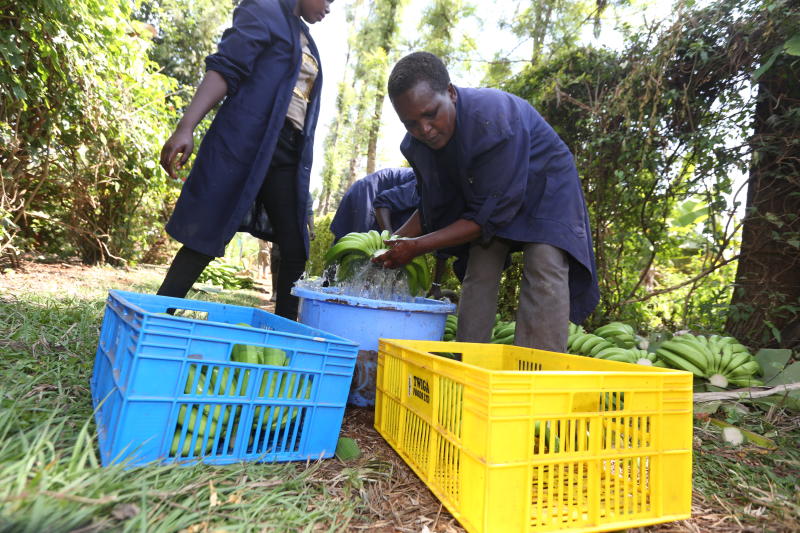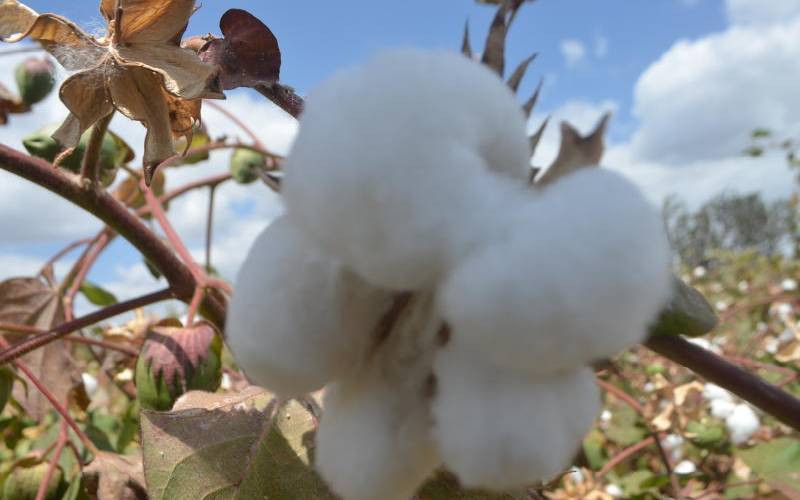×
The Standard e-Paper
Stay Informed, Even Offline

“We were part of an international investment forum in Washington DC. We were standing side by side with people who had solutions for global warming and electric cars, while we were asking for money to distribute bananas to small-scale retailers in Kenya,” says Grant Brooke, co-founder of Twiga Foods.
“We couldn’t believe it when we won the overall pitch and attracted a huge investment, which transformed our business.”







